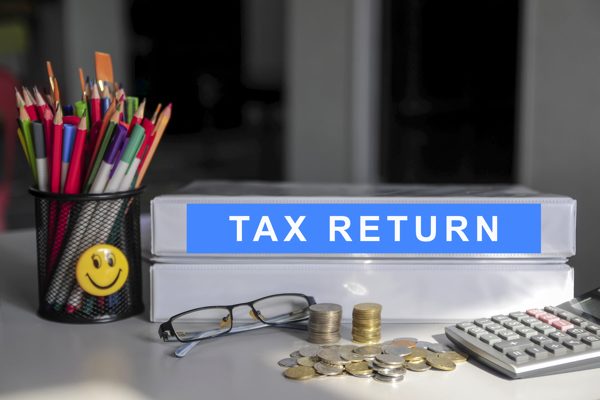Simple assessment – ending the tax return?
Around 11 million people currently have to complete a tax return every year to provide HM Revenue & Customs (HMRC) with information about their income. With greater use of existing data, HMRC can now find the information for some of those taxpayers elsewhere without needing them to complete a tax return. This new system is called simple assessment, and HMRC have just begun issuing assessments for the 2016/17 tax year.How does “Simple Assessment” work?
This new approach will only be used where a taxpayer’s tax affairs are straightforward and HMRC already has all the relevant information. The initial focus is on:- New state pensioners with income more than their personal allowance.
- Taxpayers who have underpaid tax and this cannot be collected via their PAYE tax coding.

Discrepancies and errors
However, if any information is incorrect, a taxpayer has just 60 days to query this with HMRC. For example, the figures used might be wrong or HMRC has not acted on information received. Be warned that after the 60 days are up, the assessment becomes binding and the tax liability becomes payable. Should a taxpayer be unhappy with a follow-up response from HMRC, they have 30 days to appeal against the decision. Although the aim of simple assessment is to remove the need to file a tax return, a taxpayer should still notify HMRC if they have other income or gains chargeable to tax which need to be declared under self-assessment – such as disposing of shares or other investments subject to capital gains tax. Taxpayers with more complex tax affairs will continue to submit self-assessment tax returns. HMRC plans to streamline the process in the future so that it is only necessary to provide the information that they do not already have. Given the problems with the launch of making tax digital, it remains to be seen whether this will work out as intended.To discuss this article in more detail, or to discuss any wider tax planning, please talk to us. T: 020 7376 9333 E: info@figurit.com






